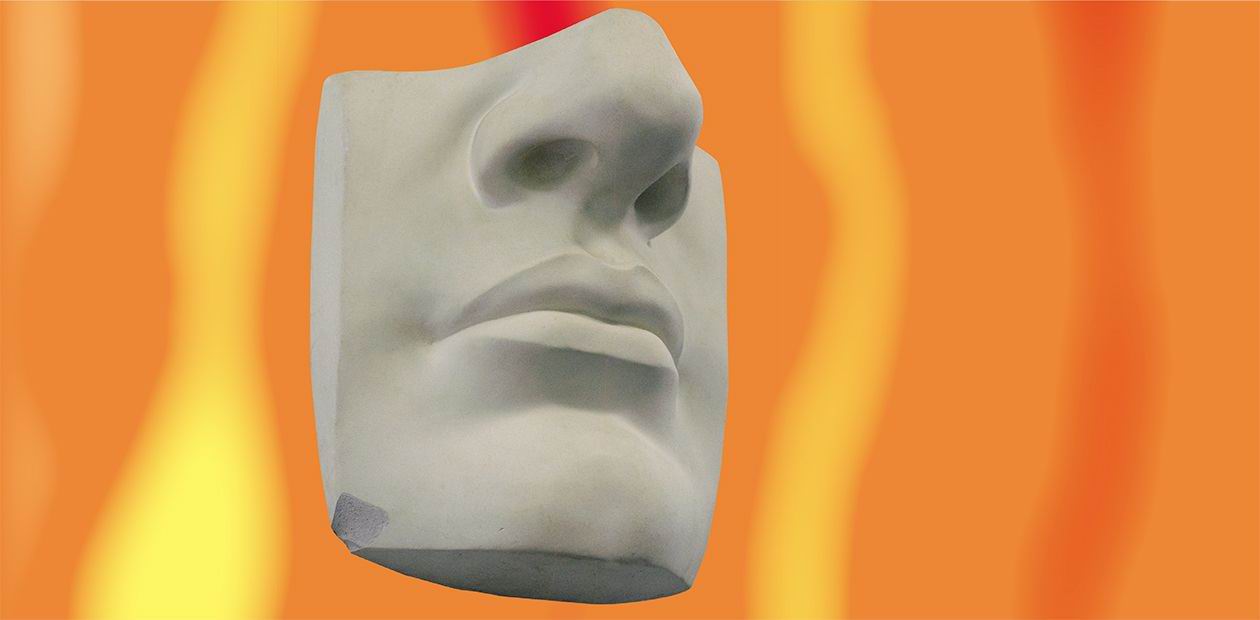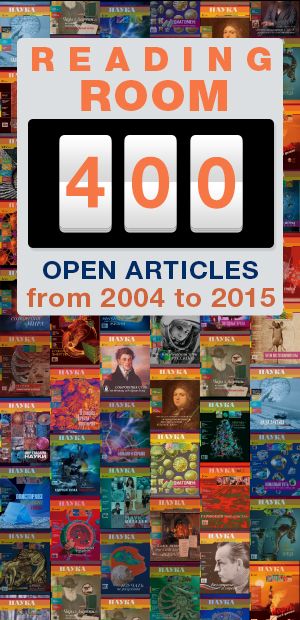Vaccination with Scent
Scientists from Novosibirsk institutes with the Siberian Branch of the Russian Academy of Sciences attempted to determine the influence of female scent signals on the male resistance to influenza infection in the experiments with laboratory animals
Last winter many of us failed to evade ILI — the acronym physicians use for influenza and influenza-like illnesses, which are plenteous during the cold season. As is known, there is no efficient therapy for influenza as well as for other viral infections. We can rely only on our own immunity be it innate or acquired, which is a pool of specific protective antibodies generated as a result of a former disease or vaccination.
Logical considerations suggest that the “strength” of the nonspecific immunity in our body, i. e., the resistance to any external infectious agents, can be determined by several factors of various natures. However, it is difficult to assess experimentally the effects of these factors on humans, to say nothing of the ethical aspect of this approach, as the organism of any person is a unique “product” of a long-term individual life process. How much better are laboratory mice, especially those of the so-called pure strains: all possible parameters used for characterizing these rodents are unified!
Scientists from institutes with the Siberian Branch of the Russian Academy of Sciences — the Institute of Animal Systematics and Ecology and the Institute of Chemical Biology and Fundamental Medicine — have conducted an unusual experiment to clarify how the scent signals carrying the information about reproduction, perhaps, the most significant process from the evolutionary standpoint, influence immunity. Four groups of male mice of the BALB/c strain were infected with influenza virus. Some of them were vaccinated beforehand with a standard influenza vaccine, whereas the others were exposed to female scent for one month. One of these groups was a control: the mice were not inoculated and were isolated from females for 7 days.
Scientists from the Institute of Animal Systematics and Ecology have already discovered that the chemosignals from females inhibit the specific humoral immune response in males. This is explainable: when high-spending systems, such as immunity and reproduction, commence competing with one another, the male organism prioritizes the latter. Nonetheless, the lethal outcomes of the experimental infection of mice with influenza virus were observed in the only group, the control. The effect of scent stimuli appeared similar to the effect of vaccine!
The scientists have found out that it is the redistribution of the resources of nonspecific immune defense that underlies this effect; as a result, the defense cells, leukocytes, migrate from the blood to the mucosa of respiratory (and, possibly, other) tracts. The defense of these portals of infections may serve those individuals that took the path of reproduction, fraught with risks of encountering new pathogens, a good turn.
In this experiment with mice, the scent of mature females was used as the most adequate “call” for reproduction. As for humans and hens (avian influenza, affecting poultry, is now an issue of wide public concern), other signals — visual and acoustic — are more important for them, namely, the appearance and the voice of their beloved. Do these signals influence the mechanisms of nonspecific defense and are they, correspondingly, involved in the resistance to infections? This cannot be excluded. After all, reviews have appeared with speaking titles, such as “The Immune System and Happiness”*.
* See: Barak, Y. The immune system end happiness // Autoimmun Rev. — 2006. — 5 (8). — P. 523—527.













